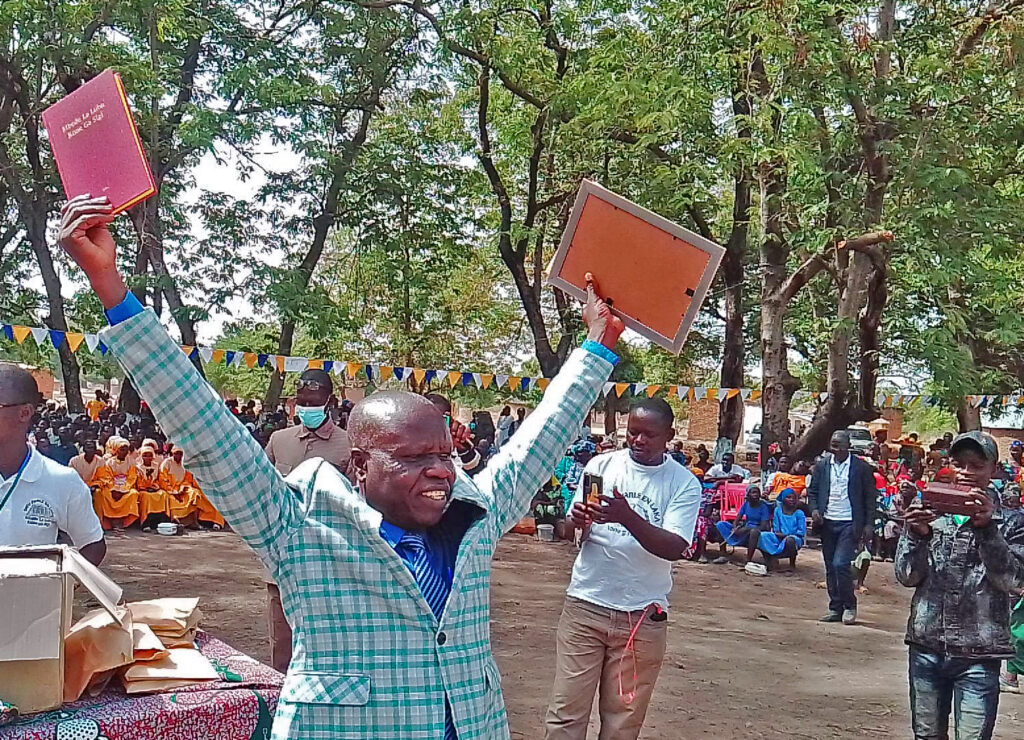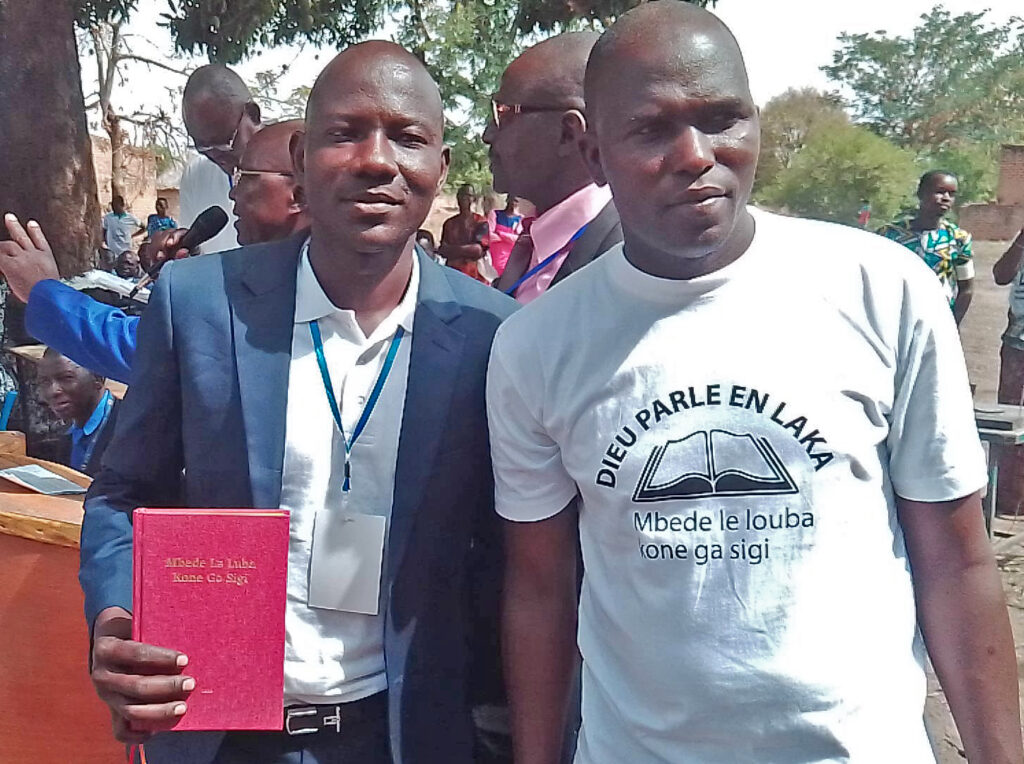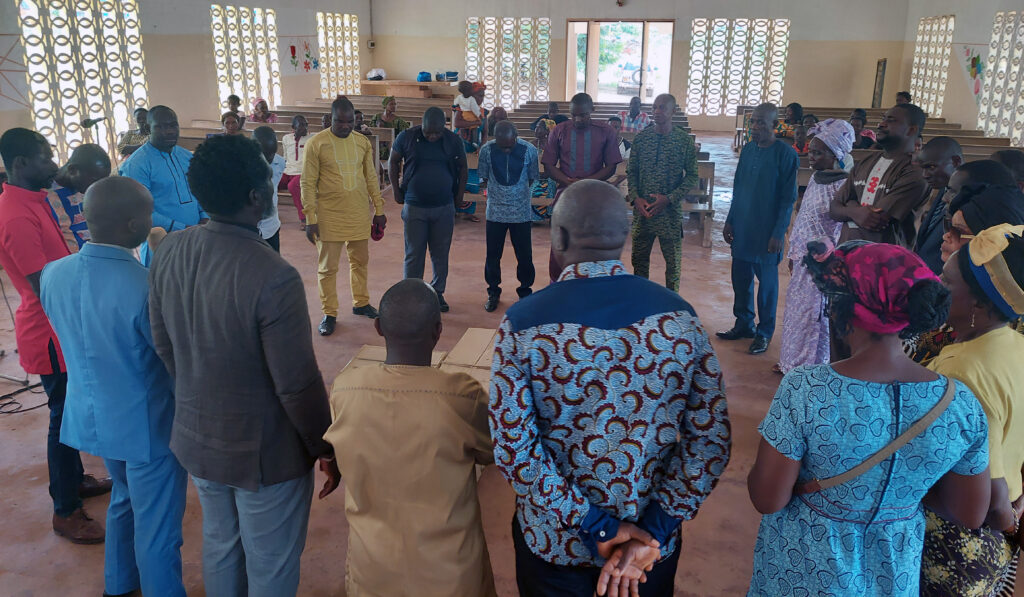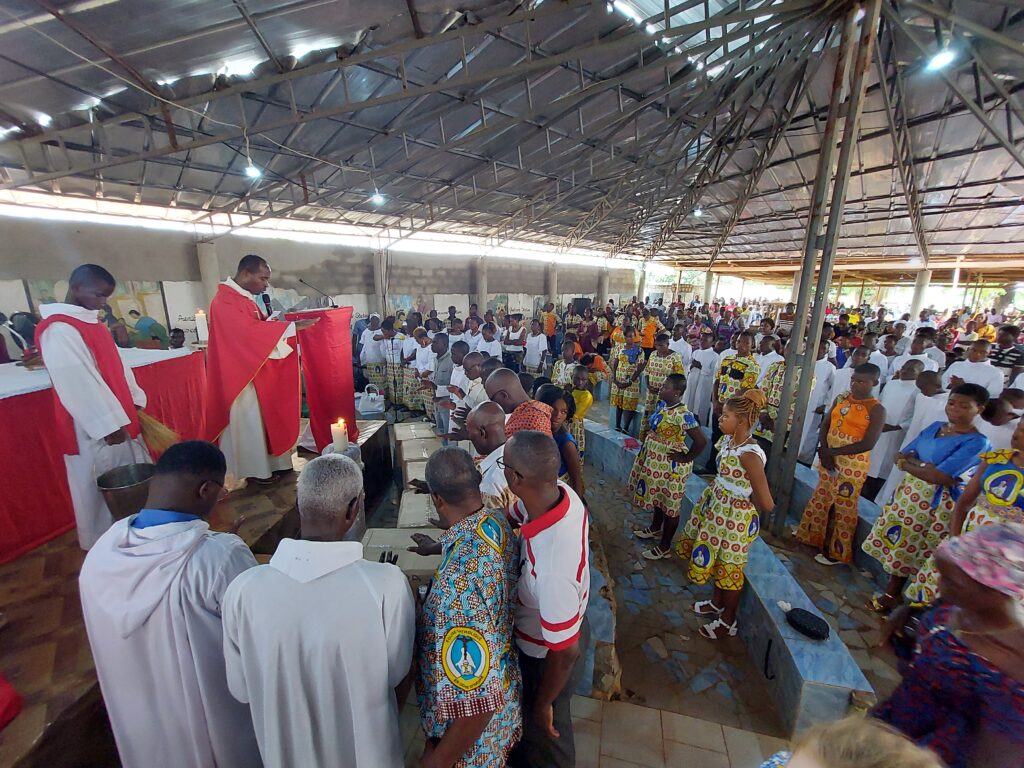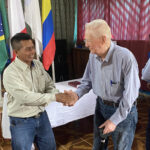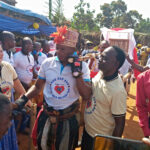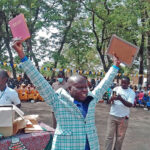An Eye Opening Visit
More than six years ago my husband, Jeremiah, landed at a small airstrip in Seabo territory (a pseudonym) for the first time—a memorable trip.
His passengers were a language survey team, who were coming in response to the repeated, urgent requests of tribal leaders to have God’s Word in their Seabo language. Also memorable was the runway, which had been closed for many years. It has proved to be one of the most challenging strips we use.
Since that first trip our aviation team has made numerous trips to this area to transport New Tribes missionaries for their work in church planting and discipleship. Recently our whole family got the chance to visit this region that Jeremiah frequents. For me, it was very emotional flying over the vast, uninhabited jungle, then seeing signs of Seabo people: clearings, small banana gardens, palm leaf huts, and trails. The runway came into view, and I thought, We’re actually going to land on that!?
When local families invited us for a meal in their village, we experienced some eye-opening Seabo hospitality firsthand. Our kids really enjoyed traveling down the river to their village with our New Tribes colleagues and making friends with their family.
The beams of the huge palm-leaf community house were hung with a fascinating array of bananas, homemade hammocks, and personal belongings.
Inside several women were cooking, their handmade clay pots—lidded with banana leaves and vines—sitting directly on burning logs. In this hot smoky environment, the women sat on the floor and men perched on log benches by the door.
The meal of boiled meat, manioc, roasted corn, and a hot banana drink was … okay. Although we appreciated the generosity of our hosts, I’m glad we don’t have to eat it every day.
We also got a firsthand look at our colleagues’ life and work in this isolated place. Their solar panels provide some electricity, and they collect rainwater to supplement the water their electric pump produces. Everything they have—homeschool books, toys, tools, toilet paper, food, even the kitchen sink—comes in by airplane. In an emergency, their non-aviation option is a three-day hike. It was obvious that the plane is a lifeline for them. We were humbled seeing how hard their lives are and their gratitude for the part we play through aviation. Recently, New Tribes Mission brought a new plane to Brazil, and within a year it should be released from customs and stationed in the region—a real benefit. Now all they need is a pilot!
During our visit Jeremiah was asked to speak at their church service. The missionaries cautioned him that they were still working to figure out how to express spiritual terms like “grace” and “forgiveness” in the Seabo language. As Jeremiah began to share in simple Portuguese, they debated who would translate. Finally, the young man who was the most fluent in Portuguese began translating. Because he had shown little interest in spiritual things, he would not have been the missionaries’ choice. Unexpectedly, he did a great job. In fact, Jeremiah felt like he was talking directly to him. As he translated, “You can’t follow two paths. Either you can follow Jesus or you can follow after less important things,” this young man had tears in his eyes.
We came away impacted by how much the Seabo people need a Bible in their language and trained translators who can begin to figure out key terms essential to communicating the gospel. “When we learned that a young Wycliffe couple had been assigned to translate the Bible for the Seabo, we rejoiced that God was answering their prayers. Jeremiah had the privilege of flying them into the area in May.”































































